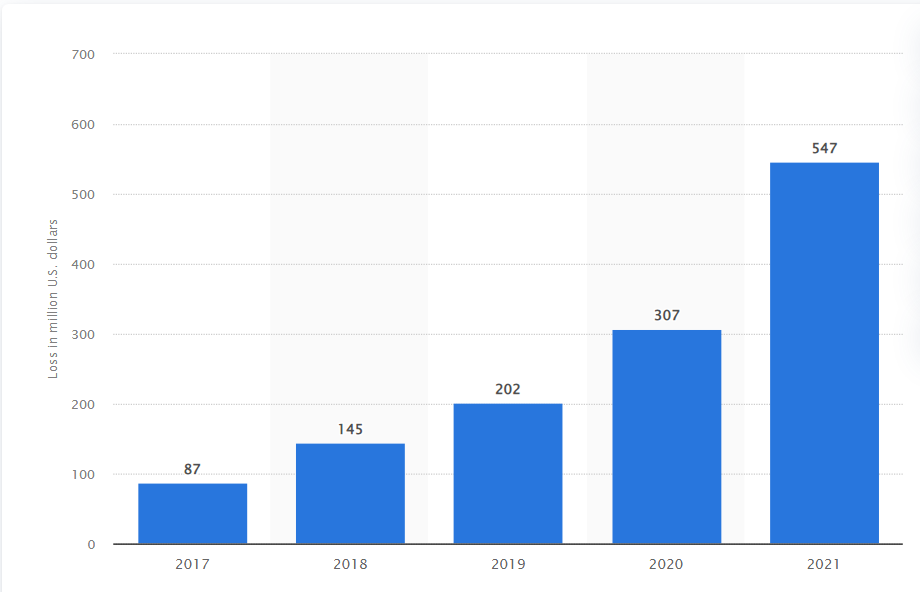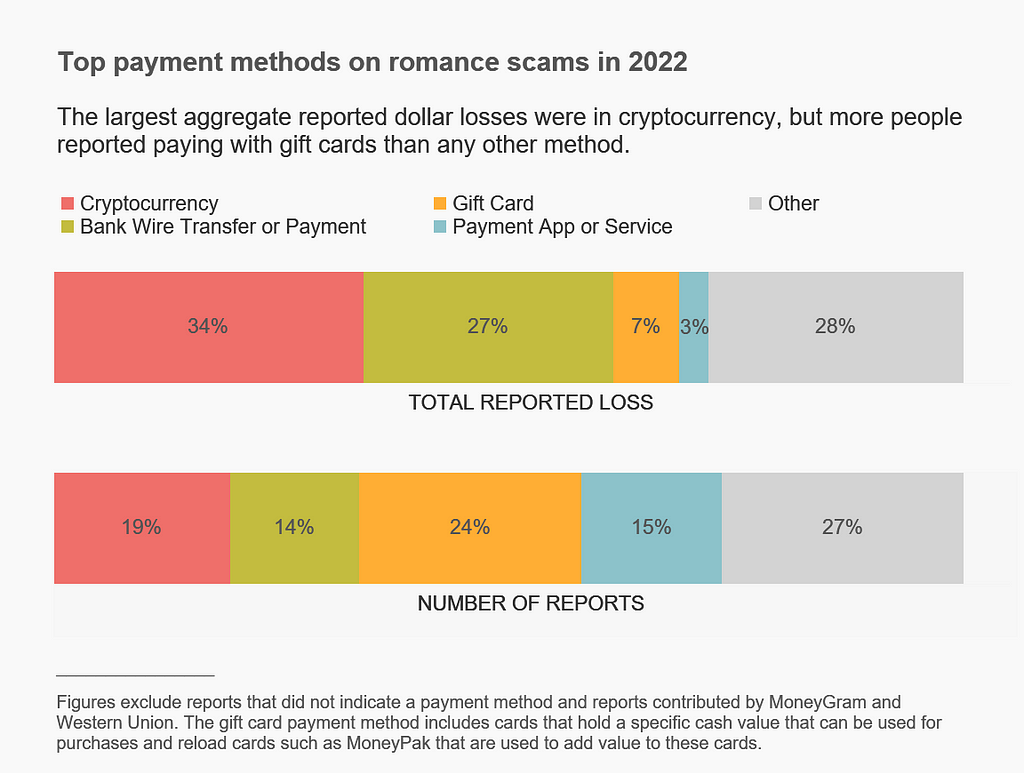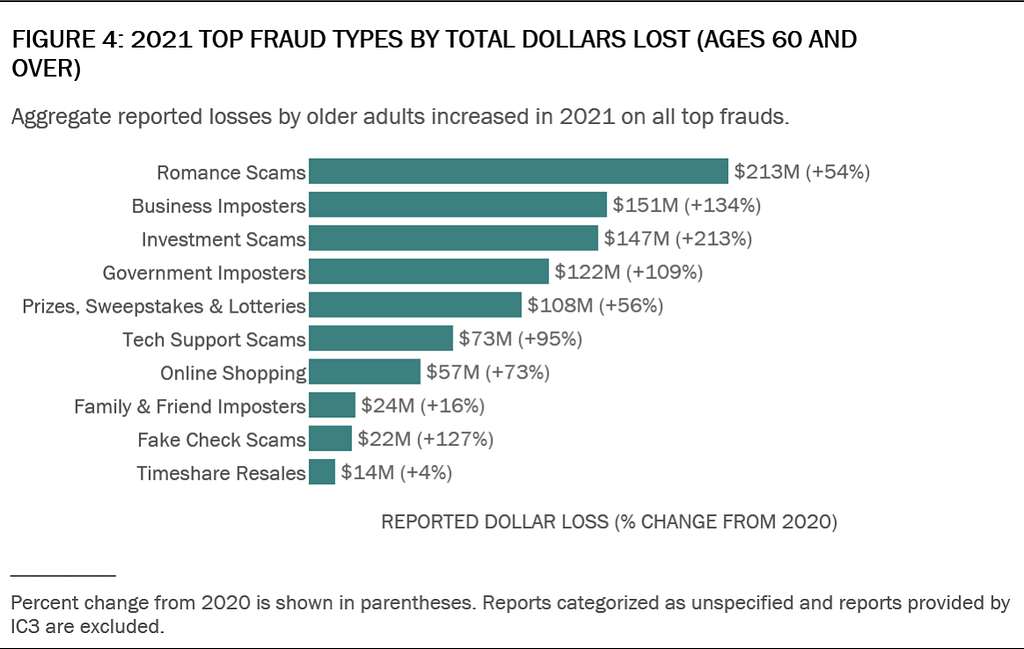Finding your other half has undergone a significant transformation, moving from traditional real-life meetings to the vast world of online platforms. The rise of online dating has introduced new risks and challenges, such as romance scams, which can devastate the goal of finding genuine love.

Reported losses from online romance scams in the United States soared to a staggering 547 million U.S. dollars in 2021, an increase of over 500 percent from 2017. This article exposes the dark side of online dating with tips to avoid falling victim to romance scams.
What is an online romance scam?
Online romance scams occur when con artists target individuals seeking love through online dating platforms or social media to gain their affection. Those scammers create fake identities with fictional names, photos, and personal information and employ emotional manipulation techniques to form close connections with their victims and steal their hearts and money.

The scammer will make plans to meet you in person and even ask for marriage just to gain your trust, but that will never happen. Once trust is established, the scammer typically elaborates on fake stories like medical emergencies or engaging in projects and requests money from their targets.
Manipulation techniques used by scammers
Scammers employ a range of techniques to manipulate their victims and win their emotions, including:
- Creating an appealing persona with attractive online photos from stock images and captivating descriptions or even stealing someone’s else identity
- Building trust through long conversations and showing interest in the victim’s life
- Emotional manipulation by employing a tactic known as “love bombing” to overwhelm their victims with excessive affection and attention
- Scammers often target individuals who may be feeling lonely or longing for companionship
Stories of individuals who have fallen victim to these scams
Romance scammers tend to target older individuals as their primary victims, taking advantage of their loneliness and, in some cases, limited familiarity with technology.

https://www.youtube.com/watch?v=qWmcIkrW3Cc
In an instance of an online romance scam, an 84-year-old woman fell victim to deception and lost $98,000. The elderly woman, seeking companionship and love, encountered a scammer named “Lewis,” who skillfully exploited her vulnerability after she became a widow in 2020. The scammer gradually built a relationship with her, showering her with affection and making false promises of a future together. Eventually, the scammer requested financial assistance to help with his business.
In another case, a 68-year-old Canadian widow lost a staggering $800,000 in a romance scam through an online dating app. The scammer took advantage of her vulnerability and trust by manipulating her emotions and fabricating stories of love and commitment. As the relationship progressed, the scammer requested money to pay for cryptocurrency and hospital bills.
Red flags of romance scams
Realizing the warning signs is crucial to spotting romance scams. While each situation is unique, here are some common indicators that may suggest a romance scam [4]:
- If the person you are talking to is overly perfect and seems too good to be true, it may be a scam alert sign. Authentic relationships typically take time to develop.
- Scammers will avoid meeting you in person or make a video call to hide their true identity.
- They will ask you for financial help to pay for an emergency or other fake stories.
- You will notice inconsistencies in the information they provide because they often forget some details of their unreal stories
- Their lack of social media presence is suspicious because genuine individuals usually have a consistent and active presence on various platforms.
Reporting and seeking help
If you suspect you have been a victim of a romance scam, take the following steps [5]:
- Cut off all communication with the scammer immediately.
- Preserve evidence such as screenshots and messages.
- Report the scam to local law enforcement and the relevant online platform.
- Notify your financial institution if you shared financial information.
- Inform your family members and friends you trust about the situation.
What we do at Eydle
To identify and report profiles impersonating you and your brand, our system employs cutting-edge artificial intelligence and deep learning models to perform visual analysis in the same way that a cybersecurity expert would.
Our technology is AI-powered and human-backed. While AI enables us to scale and make our services affordable to all, our team of analysts provides oversight to ensure that AI is acting responsibly.
Visit www.eydle.com to learn more about how we can protect you from scams on online platforms.
Resources:
[1] https://www.statista.com/statistics/1362095/us-romance-scams-losses/
[3] https://www.ftc.gov/system/files/ftc_gov/pdf/P144400OlderConsumersReportFY22.pdf
[4] https://www.kaspersky.com/blog/online-dating-tips/14030/
[5] https://consumer.ftc.gov/articles/what-know-about-romance-scams–
Romance Scams: Unveiling the Dark Side of Online Relationships was originally published in Eydle on Medium, where people are continuing the conversation by highlighting and responding to this story.




